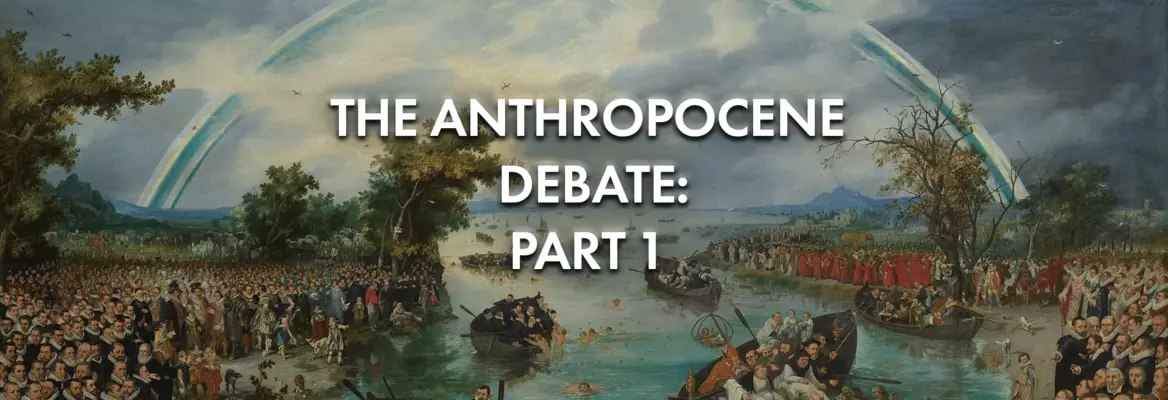In the first of a two-part series, we go head-to-head on the Anthropocene, after the status of ‘Anthropocene’ was rejected for the world by an international panel last month. Part two of the series can be read here.
Have we entered a new planetary epoch, the “Anthropocene”? As scientists and environmentalists bitterly debate this question, Sophie Chao argues that we need to move beyond reductive “official” labels. We must instead develop a plurality of concepts for our epoch, recognizing that it is experienced differently by different beings, human and non-human.
It’s official: we don’t live in the Anthropocene. Or so the International Union of Geological Sciences (IUGS) ruled last month (March 2024) in a controversial vote. Jan Zalasiewicz, a geologist and chair of the Anthropocene Working Group, is calling for the result to be annulled, and Timothy Morton, a leading proponent of the idea of the Anthropocene, criticizes the IUGS decision in an article that will appear tomorrow in IAI News.
Coined in 2000 by biologist Eugene Stoermer and chemist Paul Crutzen, the word “Anthropocene” describes a new planetary epoch wherein the human species has become the dominant force shaping Earth’s bio-geophysics. Among the countless examples of human impact are climate change-induced rising oceans, species extinction, and extreme weather events, as well as the environmental consequences of extractive mining, deforestation, air and water pollution, soil erosion, and microplastics proliferation. Although the term is now widely used in academic and public discourse, the IUGS decision means that the Anthropocene remains an unofficial geological epoch: officially, we remain in the Holocene, which began around 11,700 years ago at the end of the last glacial period.
The notion of the Anthropocene has been criticized on the grounds that it implicitly blames all humans for environmental degradation, rather than focusing on the genuinely guilty parties – capitalists or colonialists, say. Critics propose different labels – such as Capitalocene, Plantationocene or Wasteocene – to highlight the ecological impacts of specific aspects of human life. In my view, any attempt to identify the current epoch through a single, unitary, and overarching determinant (capital, plantation farming, waste, etc.) necessarily obscures other dimensions of our epoch. None of these terms, including “Anthropocene,” should be adopted in a way that excludes the others. But that doesn’t make these concepts useless. Instead of destinations in themselves, we can more productively approach them as tools and vehicles to help get us somewhere. They point to the necessity and challenge of holding different facets of the current moment together in generative conversation and tension. They offer different and complementary ways of thinking about the planetary crisis: in Timothy Morton’s terms, they provide ways of being and thinking “really specific at really big scales.” And, crucially, they are what one might call “action-concepts”: they can help guide action against ecological disaster.
___
The Anthropocene is at once a characterization of the world we inhabit and a political call for change – an “action-concept” par excellence.
___
The greatest strength of the Anthropocene concept remains the way it helps unravel the presumed separation of humans from their environment, or of “culture” from “nature.” This in turn demands that humans take greater responsibility for the consequences of our unsustainable activities on earth. It further draws attention to the adverse consequences of anthropocentrism or human exceptionalism on planetary survival and wellbeing. In these respects, the Anthropocene is at once a characterization of the world we inhabit and a political call for change – an “action-concept” par excellence.





















Join the conversation